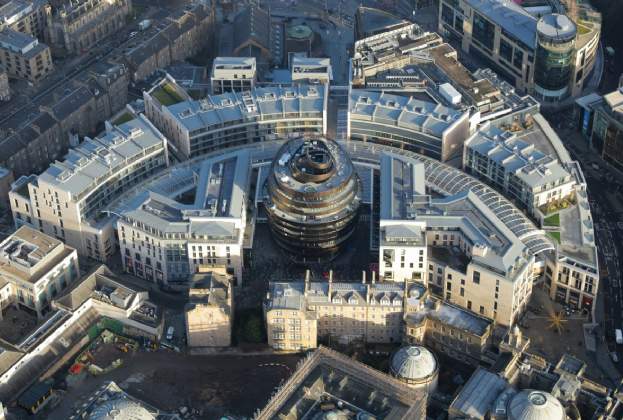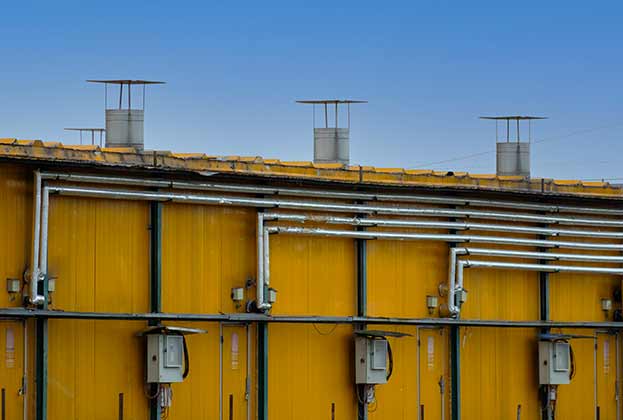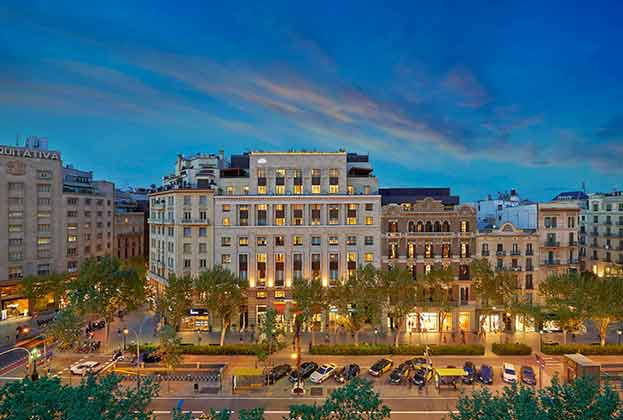Hotels have not been immune to the headwinds facing the wider commercial real estate investment market. However, the fundamental drivers of demand remain unchanged and have even accelerated in some cases which will make for an interesting time for the market over the next 12 months.
We expect:
- Continued investor appetite
We are seeing investor appetite and a willingness to do deals, both on the vendor and purchaser side, improve. This, coupled with the volume of opportunities being readied for market means we do expect H2 transaction volumes to be substantially up on the £825 million reported for H1.
- Momentum will build in early 2024
Improving momentum in H2 will continue into 2024, propelled by potential softening yields, lower cost of debt and continued robust operational performance. This should help drive annual transaction volumes back up closer to long-term averages, with yields expected to come back in again once debt costs start to subside.
- Evolving buyer pool
Of particular interest will be the evolution of the buyer pool for hotel assets over the next 12 months. Private capital and portfolio aggregators have dominated transactions in the past twelve months where they’ve benefitted from a relative lack of competition for assets. However, the wall of equity raised in 2021 and 2022 remains undeployed and we expected private equity and institutional capital to be far more active in H2, in spite of the current cost of financing. Leased hotels remain limited in their availability which is likely to push institutional investors further towards the operational space where yields are more attractive.
- Repurposing of Offices
An increase in office conversions is another trend we’re seeing at the moment. There are significant challenges facing poorer quality office buildings in peripheral locations and these often lend themselves well to hotel conversion. This has been particularly prevalent in the City of London where we’ve seen several offices sold to hotel-leaning buyers. In part this theme is being supported by new positive sentiment towards hotel conversion by the planning authorities. For many of these assets, occupational demand and rental tone is not always at a level to support the extensive refurbishments needed to improve sustainability credentials to the levels demanded by Government legislation (proposed Minimum Energy Efficiency Standards will require all leased commercial buildings to have an EPC B or above).
This is forcing owners to look at alternative uses, predominantly in the living sectors – PBSA, BTR, healthcare and hotels. Hotel conversion is an option, yet micro-location and building footprint will be key to determining viability. The good news for office owners is that there is a wide variety of potential hospitality options, from hostels through to full-service hotels and serviced apartments, subject to the location and building fundamentals being suitable.
Ultimately however, this all boils down to the fact that the fundamental drivers of demand for UK hotels remain unchanged, and many of them have even accelerated post-pandemic as consumers continue to seek experiences over buying products. As a result, hotels have one of the best growth stories across the real estate spectrum, offering the flexibility to drive income and profit, whether through capital expenditure, branding and/ or operational structure. This flexibility, alongside the sectors’ credentials as an inflation hedge, are moving the hotels sector up the target list for a wider variety of global investors. We look forward to see how this stand out sector continues to perform.
Further information
Contact Rob Stapleton



.jpg)
.jpg)





